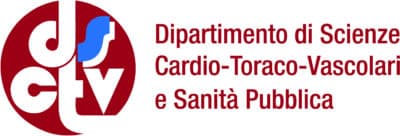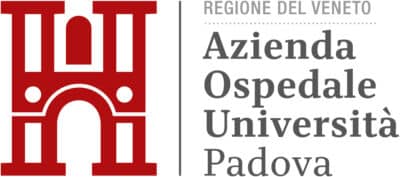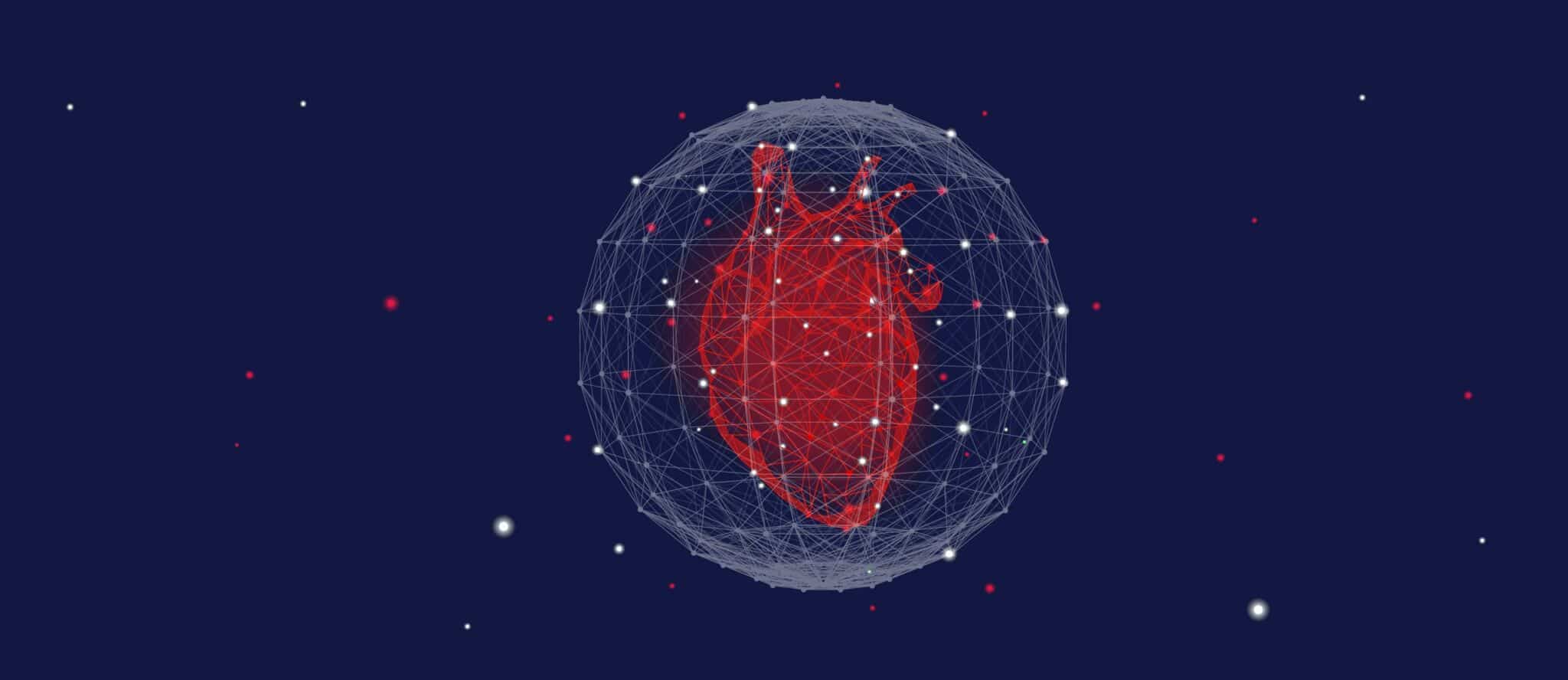

The second level short specialization degree’s Degree in Cardiac Immunology prepares field professionals, starting from pathogenesis and physiopathology, and covering all the topics related to diagnosis and treatment. The goal of the Master’s Course is providing theoretical-practical knowledge to implement medical diagnosis and treatment competencies on patients suffering from myocarditis, pericarditis, and other cardiovascular immune-mediated inflammatory pathologies. It uses an integrated multidisciplinary approach, with contributions from professors of several non-cardiology disciplines (internal medicine, clinical immunology, rheumatology, cardiac surgery, cardiovascular pathology), which contribute to the diagnostic-therapeutic process.
The second short specialization degree’s Degree in Cardiac Immunology, starting from pathogenesis and physiopathology, covers all the topics related to cardiac diagnosis (medicine, ECG, standard and advanced non-invasive cardiovascular imaging, invasive imaging), immunological diagnosis (humoral, cellular and molecular), and standard and advanced pharmacological and non-pharmacological cardiac treatment (electrophysiology, interventional and cardio-surgical) and immunomodulatory and/or immunosuppressive treatment.
The Master’s Degree in Cardiac Immunology trains professional figures capable of managing patients with myocarditis, pericarditis and other immune-mediated inflammatory cardiovascular pathologies, and of implementing a diagnostic and therapeutic path.
The Master’s Degree in Cardiac Immunology provides training on:
Module 1 – PATHOGENESIS AND MEDICINE
Pathogenic framework and main medical characteristics of myocarditis, pericarditis and other acute and chronic immune-mediated inflammatory cardiovascular pathologies,
Module 2 – CARDIOVASCULAR PATHOLOGICAL ANATOMY
Classification and main cardiovascular anatomopathological characteristics of myocarditis, pericarditis and other acute and chronic immune-mediated inflammatory cardiovascular pathologies, histological, immunohistochemical and molecular diagnosis to endomyocardial biopsy.
Module 3 – CLINICAL CARDIOLOGY
Clinical cardiology framework of myocarditis, pericarditis and other acute and chronic immune-mediated inflammatory cardiovascular pathologies.
Module 4 – LAB MEDICINE
Lab diagnostics of myocarditis, pericarditis and other acute and chronic immune-mediated inflammatory cardiovascular pathologies,
Module 5 – HEMODYNAMIC INVASIVE DIAGNOSTICS
Cardiac catheterization and endomyocardial biopsy.
Module 6 – NON-INVASIVE IMAGING
Basic and advanced echocardiographic diagnostics, cardiovascular MRI, TAC of myocarditis, pericarditis and other acute and chronic immune-mediated inflammatory cardiovascular pathologies.
Module 7 – MULTIDISCIPLINARY DIAGNOSTIC APPROACH
Rheumatological, internal medicine approach to the diagnostics of myocarditis, pericarditis and other acute and chronic immune-mediated inflammatory cardiovascular pathologies.
Module 8 – PHARMACOLOGICAL TREATMENT
Conventional cardiology treatment of imbalance, arrhythmia, and pulmonary hypertension in myocarditis, pericarditis and other acute and chronic immune-mediated inflammatory cardiovascular pathologies.
Module 9 – INTERVENTIONAL TREATMENT AND CIRCULATION SUPPORT
Interventional treatment of arrhythmia, surgical treatment (mechanical support and cardiac transplant) in myocarditis, pericarditis and other acute and chronic immune-mediated inflammatory cardiovascular pathologies.
Module 10 – IMMUNOSUPPRESSIVE AND IMMUNOMODULATING TREATMENT AND THERAPEUTIC
EDUCATON OF PATIENTS IN IMMUNOSUPPRESSIVE TREATEMENT
Immunosuppressive and immunomodulatory treatment and education of patients in myocarditis, pericarditis and other acute and chronic immune-mediated inflammatory cardiovascular pathologies.
Module 11 – ANATOMOPATHOLOGICAL MONITORING OF REJECTION IN TRANSPLANTED HEARTS, BIOPTICAL FOLLOW-UP AND POST-CARDIAC TRANSPLANT ANTI-REJECTION TREATMENT MANAGEMENT
Anatomopathological monitoring of rejection in transplanted hearts endomyocardial biopsy, bioptic follow-up and management of anti-rejection treatment in cardiac transplant patients.
The general ranking of merit for the academic year 2025/26 will be published on the Italian page of this Master according to the timing provided in the Call.
Information
FAQ
Participants must attend the multidisciplinary Cardiac Immunology Clinic of the Cardiac Ward of the University of Padua, in order to acquire direct experience in the multidisciplinary treatment diagnostic approach of myocarditis, pericarditis and other acute and chronic immune-mediated inflammatory cardiovascular pathologies.
When attending the multidisciplinary Cardiac Immunology lab, participants will actively debate on the main clinical-biohumoral-instrumental aspects of the case covered in the daily clinic activities, by viewing the execution of echocardiographic exams in real time, discussing the immediate medical implications, and reviewing the other instrumental exams performed to complete the diagnosis off-line, with special reference to cardiac MRIs, which will be reviewed at the end of each clinic session.
No, there will not be any distance learning. Attendees must attend at least 70% of the Master’s lessons. The Master’s duration is one year, from November 2025 to September 2026. Apart from in-person lessons, attendees will attend the multidisciplinary Cardiac Immunity clinic at the Cardiology Department of the University of Padua. The Master’s Course also includes hands-on practice and traineeship activities. Concerning students’ evaluation, there will be a general oral exam at the end of the course.

